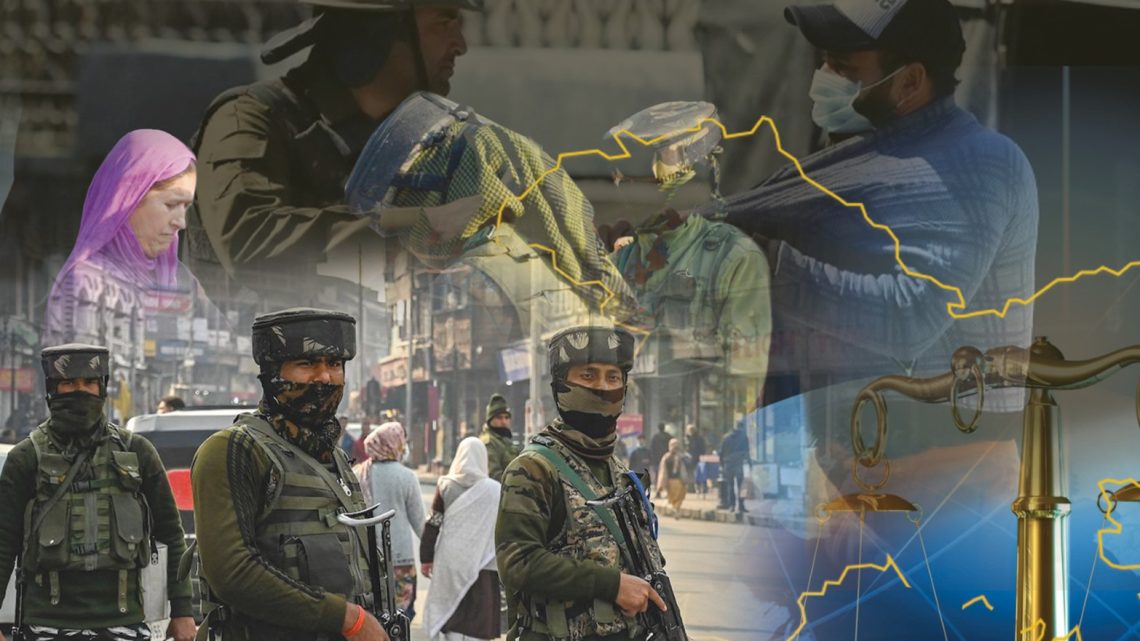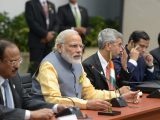
The Kashmir Dilemma and Threatened Regional Stability
October 10, 2024India’s refusal to implement United Nations Security Council (UNSC) resolutions regarding Jammu and Kashmir threatens regional and international peace, a senior Pakistani diplomat asserted at a recent UN meeting.
Ambassador Bilal Ahmad, Pakistan’s permanent representative to the UN, spoke at the General Assembly’s First Committee, which focuses on disarmament and international security. He warned that the situation in Jammu and Kashmir is unstable, stating that even a minor incident could ignite a larger conflict.
Ahmad emphasized that such tensions could escalate, potentially leading to a catastrophic regional or global situation. His concerns reflect a long-standing issue: the unresolved conflict in Kashmir remains a flashpoint between India and Pakistan.
During his address, Ahmad highlighted India’s significant military buildup, noting that 70% of its military capabilities are directed toward Pakistan. This arms escalation includes destabilizing weapons systems and advanced technologies, positioning India as the world’s largest arms importer.
He criticized India for rejecting dialogue and for aggressive rhetoric from its leadership. Indian officials, including the foreign and defense ministers, have made statements suggesting military action could be taken to “take over” Azad Jammu and Kashmir, which raises alarms about potential escalations.
Ahmad pointed out that India’s nuclear capabilities are also increasing, with improved readiness and canisterization of delivery systems. He expressed concern over India’s warfighting strategies, which could lead to limited warfare under the nuclear umbrella.
Despite Pakistan’s calls for a “Strategic Restraint Regime,” which would involve conflict resolution and arms control, India has dismissed these proposals. Ahmad warned that a state engaged in such military activities cannot be viewed as a stabilizing force.
Pakistan, he asserted, cannot ignore these threats to its security and will maintain its minimum credible deterrence capability against aggression. However, despite ongoing provocations, Pakistan seeks peace, development, and stability in South Asia based on mutual respect.
Ahmad outlined that true peace can only be achieved through resolving outstanding disputes, particularly the Kashmir issue, in accordance with UNSC resolutions and the aspirations of the Kashmiri people.
He advocated for reciprocal measures on nuclear, missile, and military restraints, suggesting these should be coupled with confidence-building initiatives to avoid war.
Furthermore, Ahmad expressed concern about the global landscape, indicating that the world stands on the brink of catastrophe due to unresolved conflicts and emerging crises. He criticized the recently adopted “Pact for the Future,” stating it inadequately addresses key issues like the Gaza conflict, tensions in the Middle East, and ongoing strife in South Asia.
Ahmad’s statements reflect deep concerns about escalating tensions in Kashmir and their potential to destabilize the region further, urging for diplomatic solutions to avert disaster.

